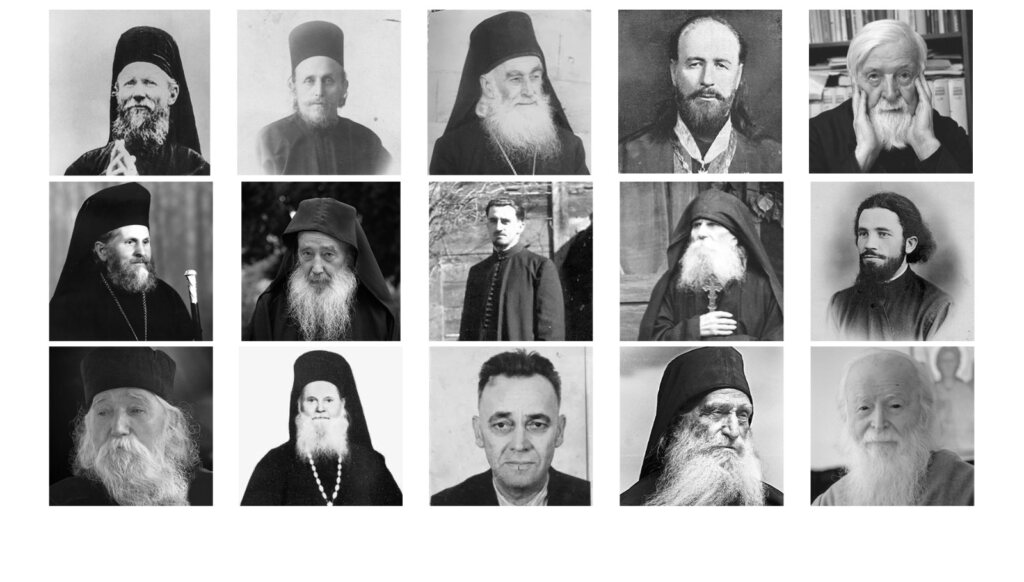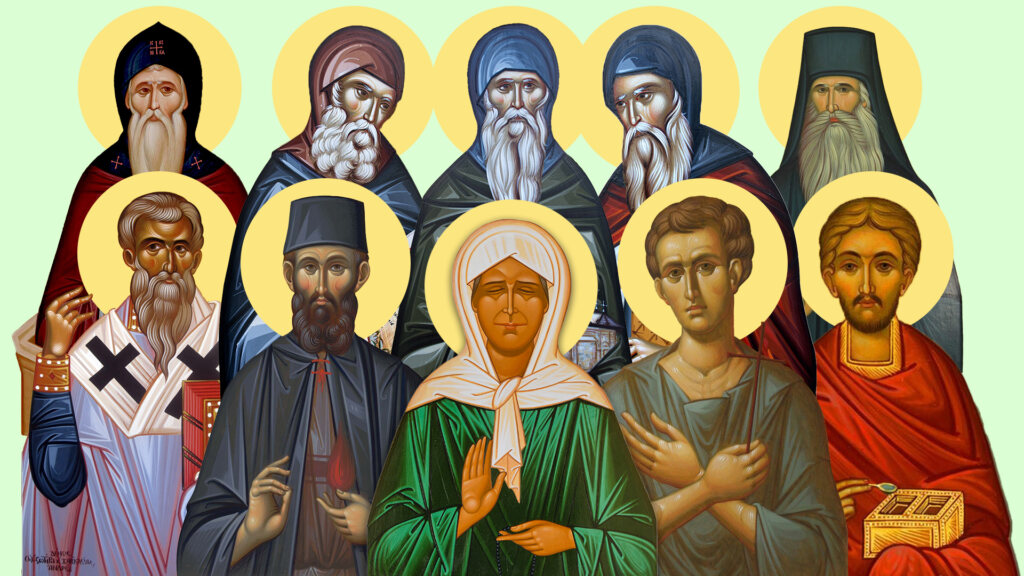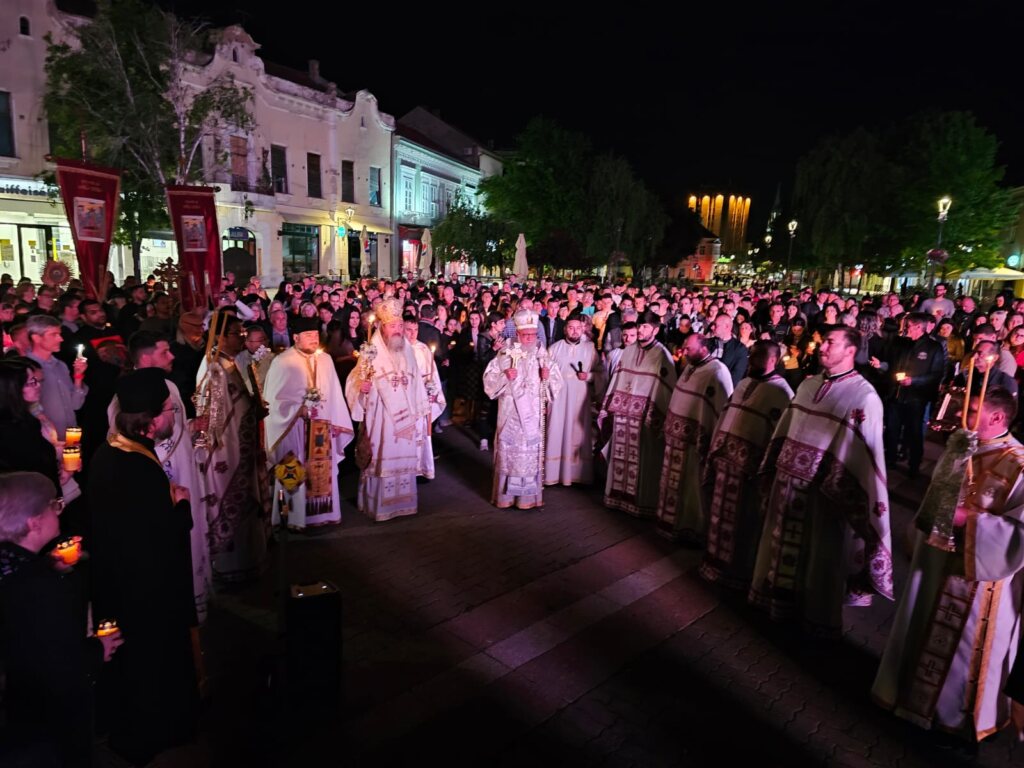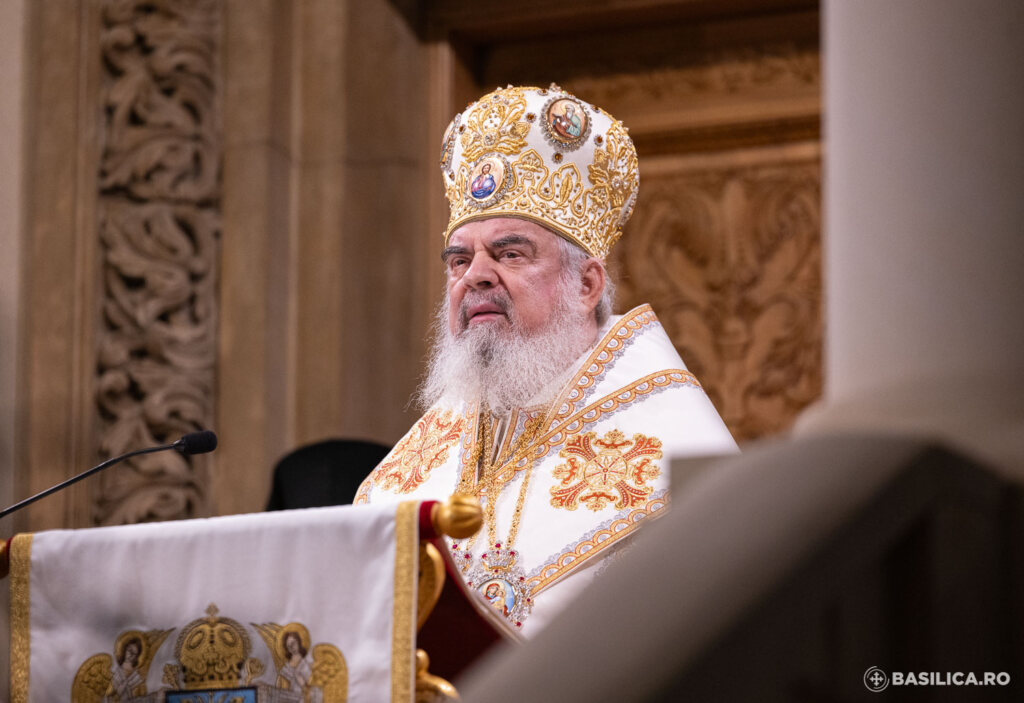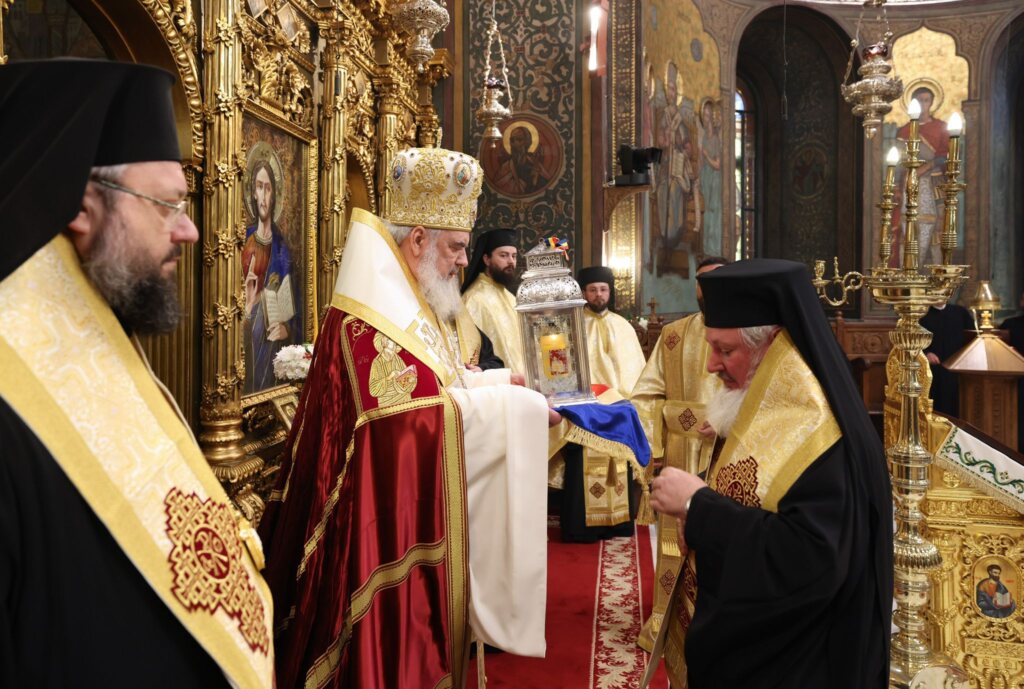Address by His Beatitude Daniel, Patriarch of the Romanian Orthodox Church, to the participants in the International Orthodox Youth Meeting in Sibiu, 6-9 September 2018:
Beloved young people,
With deep spiritual joy we address you, the young people attending the International Meeting of Orthodox Youth (ITO) in Sibiu, in the centre of Romania, with a word of blessing.
This event is organised by the Archdiocese of Sibiu from 6 to 9 September 2018 under the theme ‘Unity. Faith. Nation’, in the context of the Solemn Year of the Unity of Faith and of Nation in the Romanian Patriarchate, and on the occasion of the 1918 Great Union of Romanians Centennial.
The Mother of God is the icon of the Church and the Protector of family
It is particularly significant that in the Romanian Orthodox Church these international assemblies of young Orthodox Christians take place in communion of faith, prayer and singing, in dialogue and fellowship, at the beginning of the Ecclesiastical New Year, which calls us to sanctify the time of our earthly life as a time of salvation.
In this regard, the first great feast day in the month of September is the Nativity of the Theotokos (September 8), the Mother of God being the icon of the Church, since she is the human being through whom God’s eternal Son became Man in Jesus Christ, in human history, to grant eternal life to mortals (see John 11:25). Number 8 symbolises eternal life and the infinite light in the Kingdom of Heaven.
Children and young people are a sacred gift and a blessing for their family, Church, country, and nation
Young people are eager to live in communion of love, to love and be loved in the family and in society, but also to cultivate an ideal, to make their present and future life meaningful, by accumulating new knowledge and through creativity.
In this regard, they represent not only the future of the Church and of the society, but also their dynamic and renewing present at national and international level.
By participating in the youth programmes carried out by the Church, young people have an opportunity to come to know each other better, to make friends, and to appreciate more the cultural heritage and the richness of Romanian Orthodox traditions in different cities of Romania, and to learn new data about the spiritual richness of universal Orthodoxy.
While last year’s ITO 2017 in Iași mainly focused on freedom, this year in Sibiu ITO – 2018 calls us to think about and to live more intensely the connection between freedom and unity in our family, in the Church, and in society, holding as a guiding light the example given by the 1918 Great Union founders.
Freedom and unity are two essential and permanent components of human life, since human being was created to live in a communion of love, in the image of God, Who is Love (1 John 4:16), i.e. a Trinity of distinct, free, and inseparable Persons living in perfect unity.
In this sense, a healthy state of human life, in which the freedom of distinct persons becomes harmonised with their unity, is expressed in a communion of love. This communion of love bears the fruits of peace and joy, mutual respect, dialogue and cooperation, solidarity and co-responsibility in the family, in the Church and in the society. This is the human life blessed by God and beneficial for each person and the community.
But when, because of sin, which is one’s selfish, possessive, and aggressive attitude and action towards another fellow human being, personal freedom is expressed against the unity or communion of love, this freedom becomes destructive freedom.
This is how family and society quarrels appeared in the world, and this is how conflicts and violent wars of conquest, and then riots and wars for the liberation of conquered and oppressed peoples appeared.
The Most Holy Trinity is the source of unity and freedom in a communion of love
Therefore, we understand that even though the sin of selfishness divides persons and nations among them, nevertheless, the merciful love of God or the grace of the Most Holy Trinity brings together different persons and nations or ethnicities (see Acts, chapter 2).
That is why, in Christ’s Church, Christian life begins with Baptism in water and in the Holy Spirit, celebrated by the Church in the name of the Father and of the Son and of the Holy Spirit, i.e. in a spiritual relation with the eternal love of the Most Holy Trinity.
Consequently, Christian life develops through the participation of Christians in the liturgical and social-philanthropic life of the Church in order to receive through prayer and then to convey through charities the humble and generous love of the Most Holy Trinity in the life of the family, community and society.
At every Eucharistic Orthodox Divine Liturgy, we profess our common faith in God the Father, the Son and the Holy Spirit (Orthodox Creed); we thank the Most Holy Trinity for the gift of life and for ‘every good gift’. Then, by partaking of the Body and Blood of the crucified and risen Christ, we receive in our soul ‘the grace of the Lord Jesus Christ, and the love of God, and the fellowship of the Holy Spirit’ (2 Corinthians 13:13). By the end of the Divine Liturgy, we chant ‘worshiping the Undivided Trinity, Who has saved us’ (hymn ”We have seen the true light”).
Actually, the entire Orthodox liturgical life is vibrant by the sign of the Holy Cross and by doxology: ‘Glory to the Father and to the Son and to the Holy Spirit, now and ever and unto the ages of ages. Amen!’
The faith in the love of the crucified and risen Christ strengthened the love for the nation and solidarity among Romanians
For every Christian Orthodox people, the faith in the Most Holy Trinity has been over the ages a source of sacred love in the Church, the family and society. The sign of the Holy Cross, as a sign of suffering, but also of triumph through the Resurrection, became a calling to sacrificial love for the Church and the nation, in the struggle for liberation from unjust and oppressive rule, as well as in the struggle for the defence of ethnic identity and for the achievement of national unity.
In this respect, it is significant that many diocesan cathedrals in Transylvania (Sibiu, Arad, Baia Mare, the Greek-Catholic Cathedral of Blaj, and particularly the Reunification Cathedral in Alba Iulia) were dedicated to the Feast of the Most Holy Trinity, thus stressing at the same time Romanians’ aspiration for freedom and for national unity.
Through liturgical books printed in Romanian language and through the love for nation of its servants, the Church has significantly contributed to the cultivation of national consciousness of Romanians, when they lived in the three Romanian Principalities under foreign domination: Moldavia and Wallachia, under Ottoman rule, and Transylvania, under Habsburg rule.
In this regard, a humanist chronicler, member of the Hungarian elite, came to the conclusion at the end of the 16th century that Michael the Brave’s victory in Transylvania was prepared ‘by the secret activity of priests and monastics’[1].
Furthermore, Orthodox military priests present on the front during the First World War (1916‑1918) inspired the Romanian soldiers with much courage and faith in attaining to the ideal of the Great Union of Romanians from all Romanian provinces.
National identity will be cultivated even in international cooperation
Today, secularisation or the weakening of the faith in God – the Source of eternal love, also weakens the communion of love between people, in the family and in society.
Thus, one can often note that without mutual, humble, and sincere love in the family, the freedom and unity of its members turn rapidly into conflict and division between husband and wife, or between parents and children. In addition, without the love of the homeland and of the nation, national freedom and unity gradually turn into self‑estrangement, while natural patriotism is often replaced by the desire for immediate material profit: patria ubi bene (homeland is where it is good for myself). However, beyond this weakening of the cultivation of national values, we are convinced that these values, i.e. identity, freedom, and national unity, will not disappear, but will be cultivated by nations even during their international cooperation. Why? Because these national values define identity, expressing the specificity or uniqueness, richness and dignity of each nation in relation to other nations.
Orthodox young people are missionaries of Orthodox unity and of communion among peoples
Beloved young Orthodox Christians from Romania and other countries, you are apostles or missionaries of freedom and of ethnic or national unity, but also of the communion between ethnic groups and cooperation among peoples when you cultivate generous love in the family, in friendship, in parish, in the diocese, in society, and in all national and international Orthodox meetings, for the joy of the entire Orthodoxy and the communion among the peoples of the world.
We pray God to bless you all, to benefit from the time of your stay in Sibiu as a time to cultivate faith, dialogue, friendship, and Orthodox Christian unity, to the glory of the Most Holy Trinity, the benefit of the Church, and the joy of all of you!
We invite all of you to Bucharest, this year, on 25 November, to be present at the consecration of the National Cathedral!
† Daniel
Patriarch of the Romanian Orthodox Church
[1] See Istoria Transilvaniei [History of Transylvania], volume II, Romanian Academy, Cluj-Napoca, 2007, p. 100.
Photo credit: Basilica.ro


